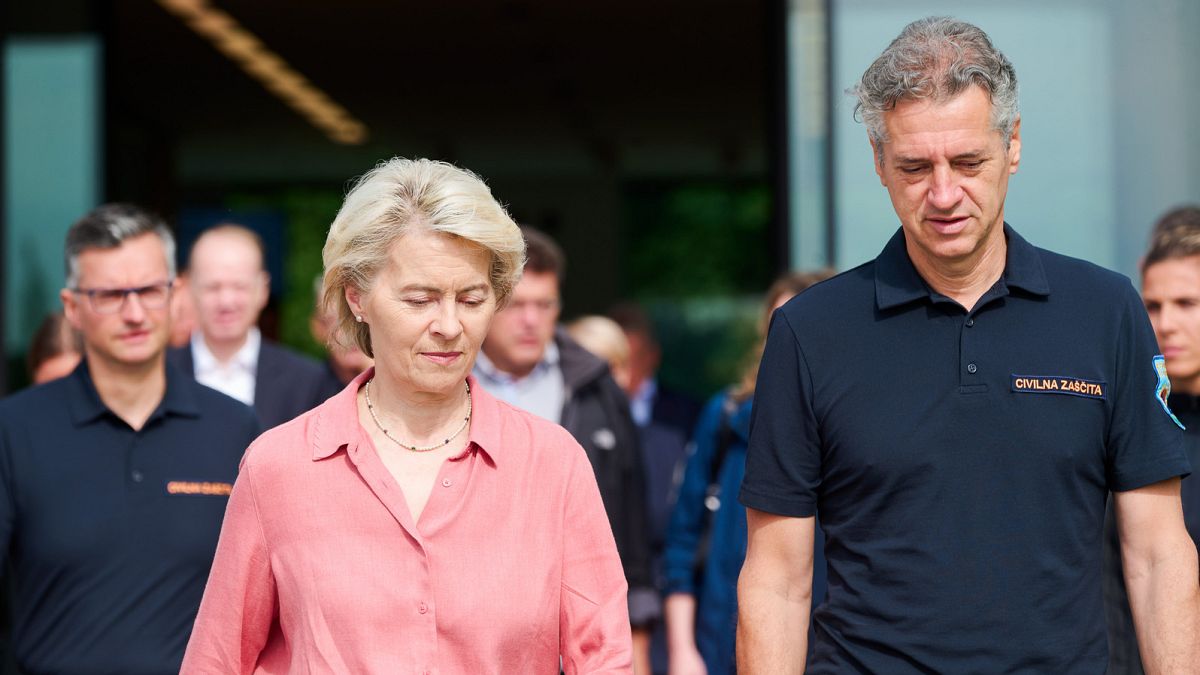Tomaž Vesel, Slovenia’s candidate for the European Commissioner position, has withdrawn his bid after Ursula von der Leyen advocated for gender parity in her future team. Von der Leyen lobbied for smaller EU member states to nominate female candidates, in order to achieve gender balance within the next EU executive. The Slovenian government initially resisted this pressure, but ultimately, Vesel decided to withdraw from the race. Von der Leyen expressed frustration at EU governments for undermining her efforts to ensure equal representation of men and women in her next team.
Vesel’s withdrawal came after discussions with von der Leyen revealed differing views on the functioning of the new European Commission. This decision was made in light of the push for gender balance within the EU executive. Von der Leyen emphasized the importance of women having access to decision-making positions and leading roles. She noted that without actively seeking gender balance, it does not naturally occur. Von der Leyen’s request for member states to nominate both male and female candidates resulted in only Bulgaria complying with the directive.
Competence and relevant experience were highlighted by Von der Leyen as prerequisites for joining her team. She emphasized the need for European Commissioners to have a track record in government, diplomacy, or EU institutions. Vesel, a lawyer and former president of the Slovenian Court of Auditors, may not have met these criteria. Von der Leyen also urged Malta to propose a female candidate as an alternative to Glenn Micallef, further underscoring her commitment to gender parity within the European Commission.
The push for gender balance within the European Commission reflects a broader commitment to diversity and inclusivity within EU institutions. Von der Leyen’s efforts to ensure equal representation of men and women at the decision-making level are seen as a step towards greater gender equality within the EU. By advocating for female candidates from smaller member states, she aims to create a more inclusive and representative team of European Commissioners.
Von der Leyen’s stance on gender parity highlights the ongoing challenges faced by women in accessing leadership positions in politics and governance. Her advocacy for equal representation at the highest levels of the EU sets a positive example for gender equality efforts across the region. By prioritizing competence and experience alongside gender balance, Von der Leyen is working towards a more diverse and effective European Commission.
Overall, Tomaž Vesel’s withdrawal from the European Commissioner race underscores the importance of gender parity and diversity within the EU institutions. Von der Leyen’s commitment to ensuring equal representation of men and women in her team reflects a broader push for inclusivity and gender equality within the European Commission. Despite challenges and resistance from some member states, efforts towards greater diversity in EU leadership roles continue to be a priority for Von der Leyen and her administration.










